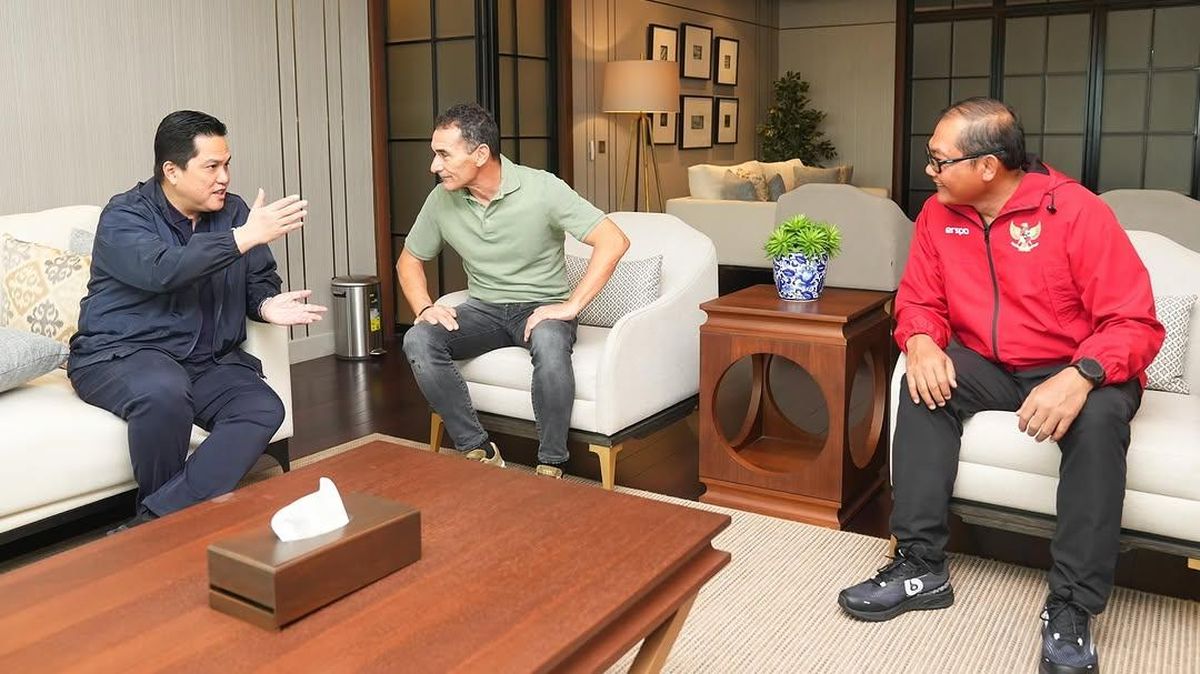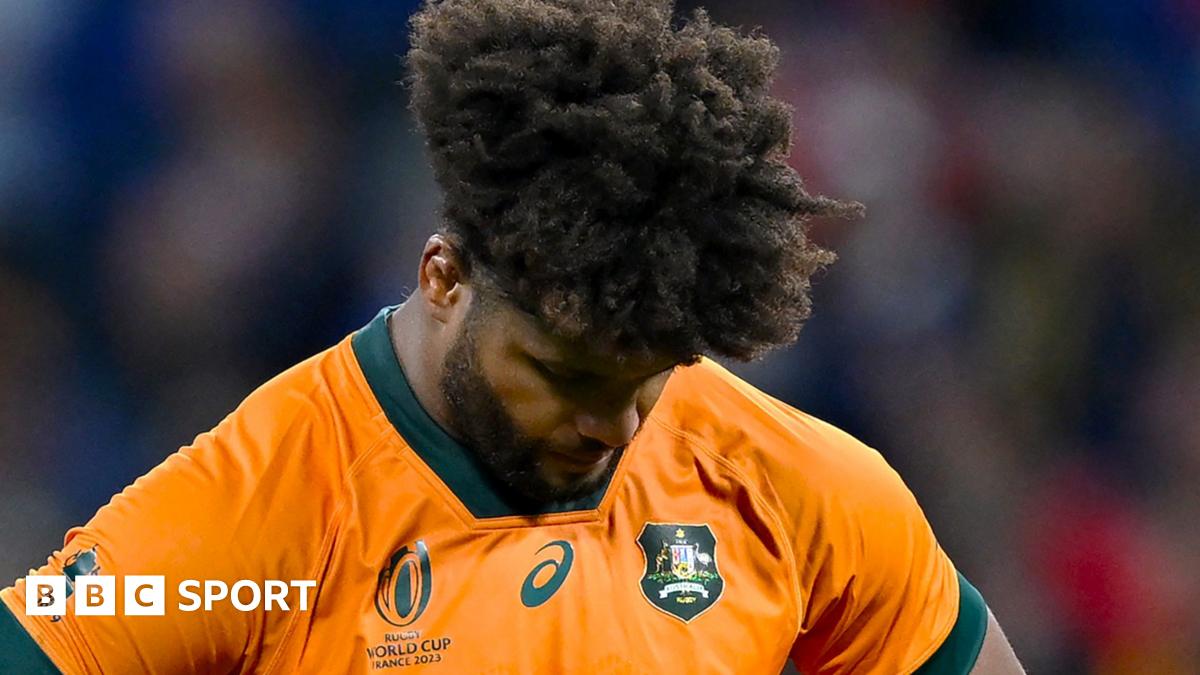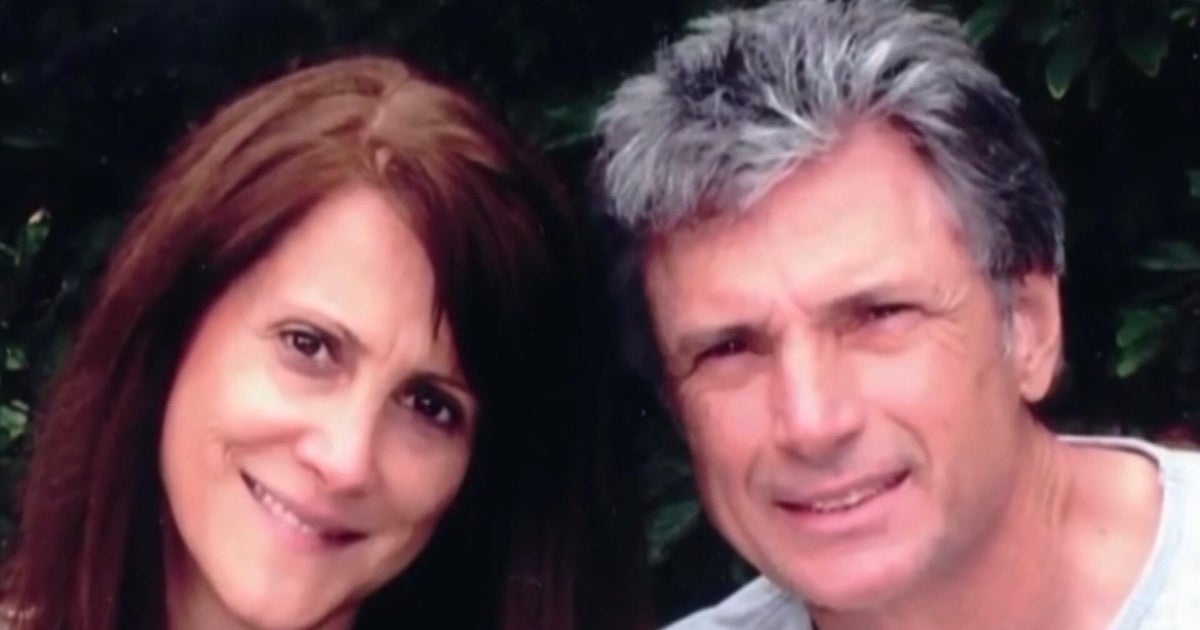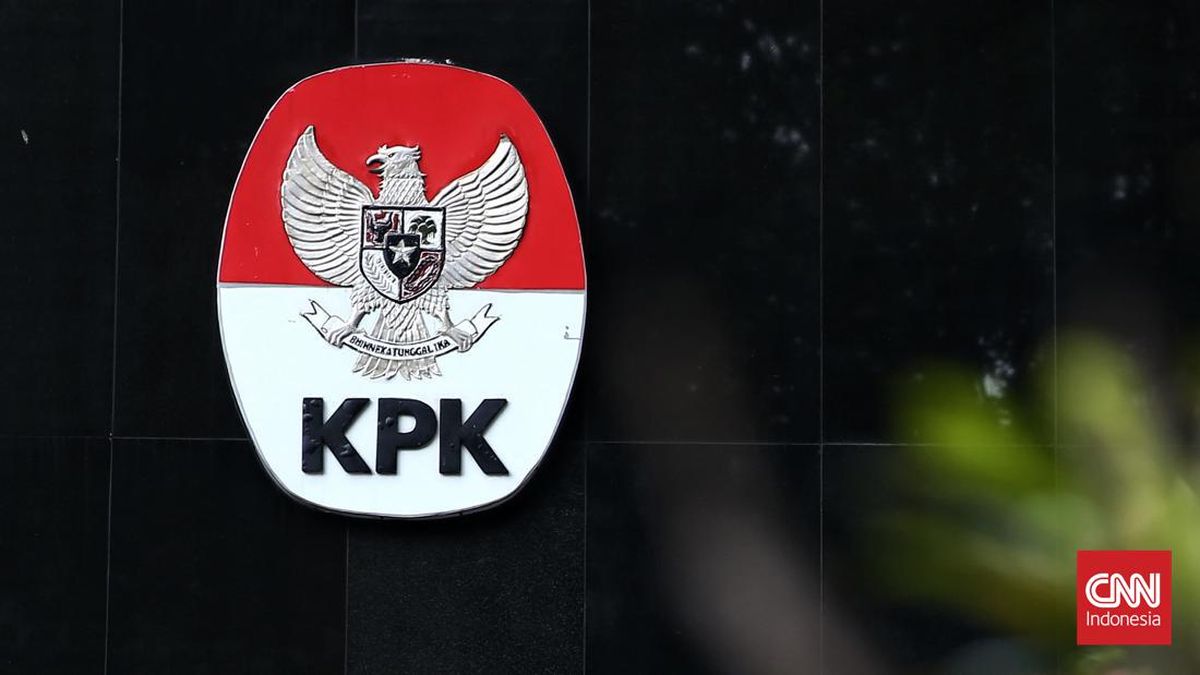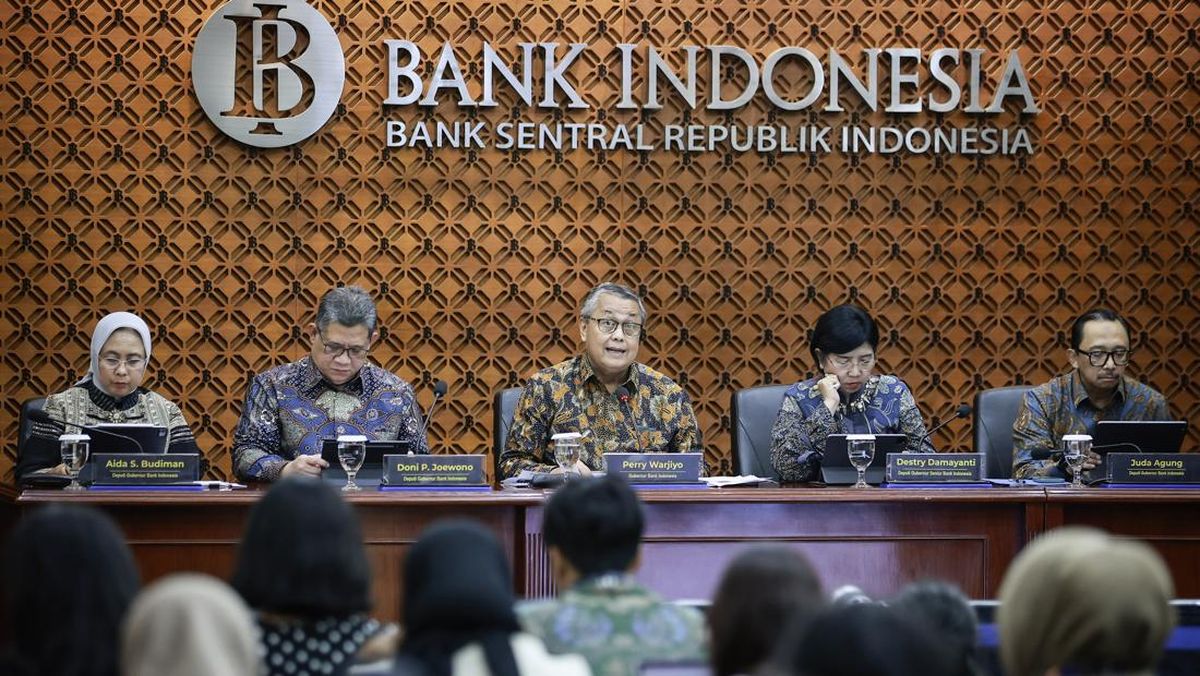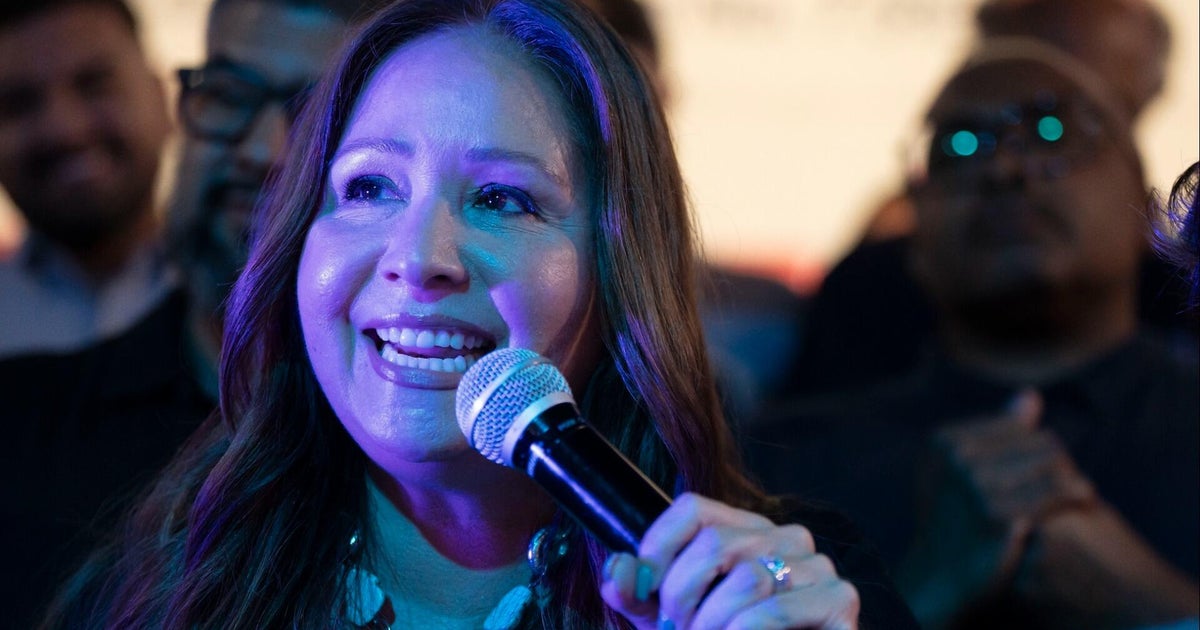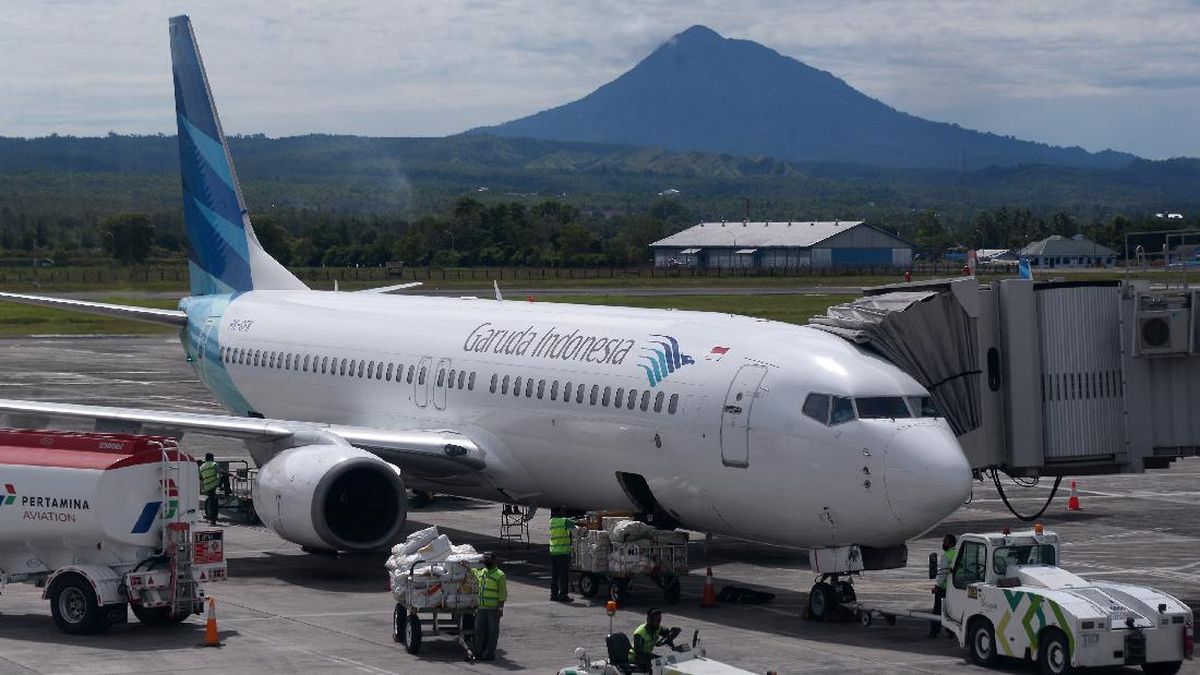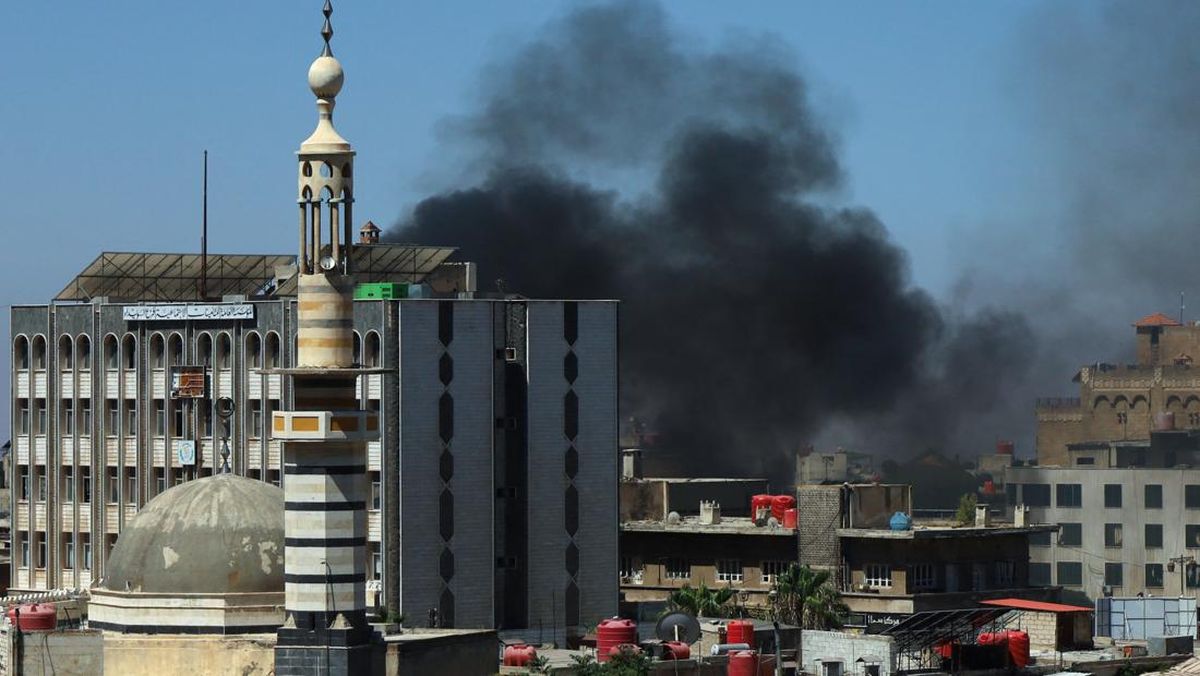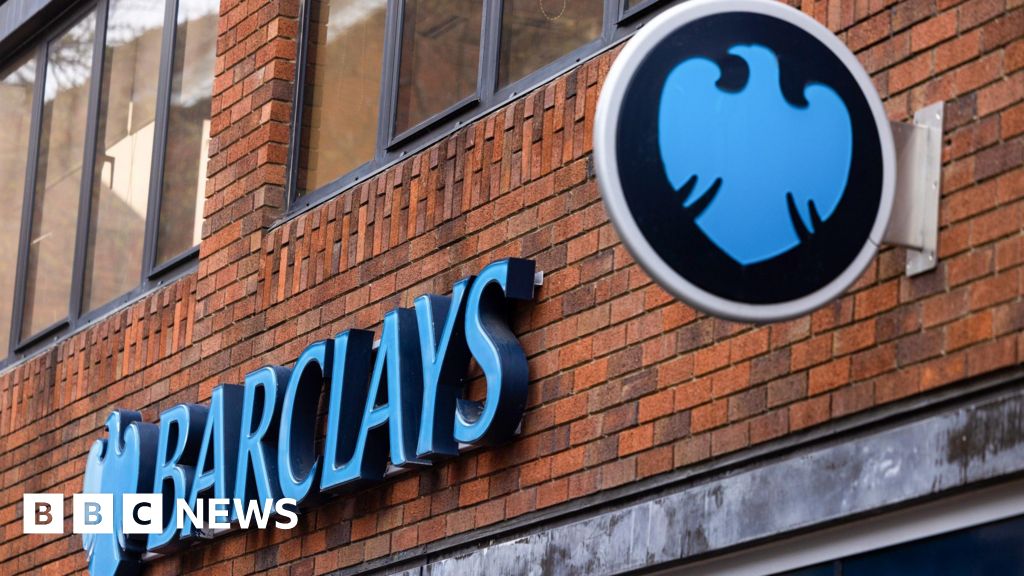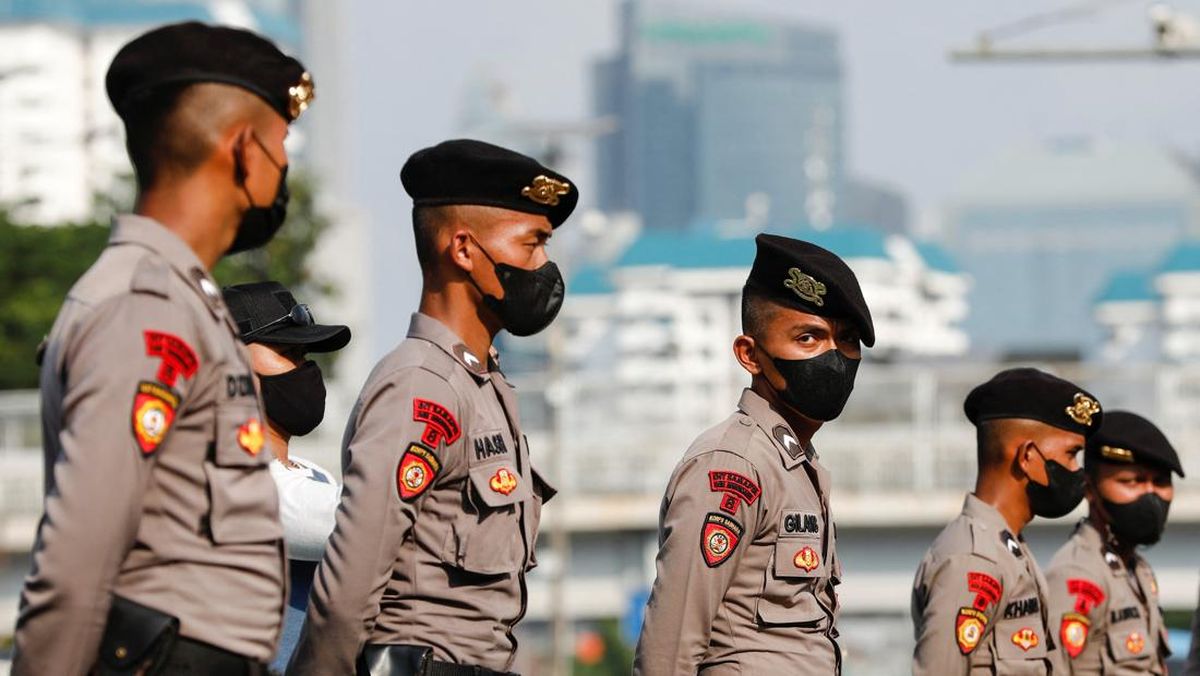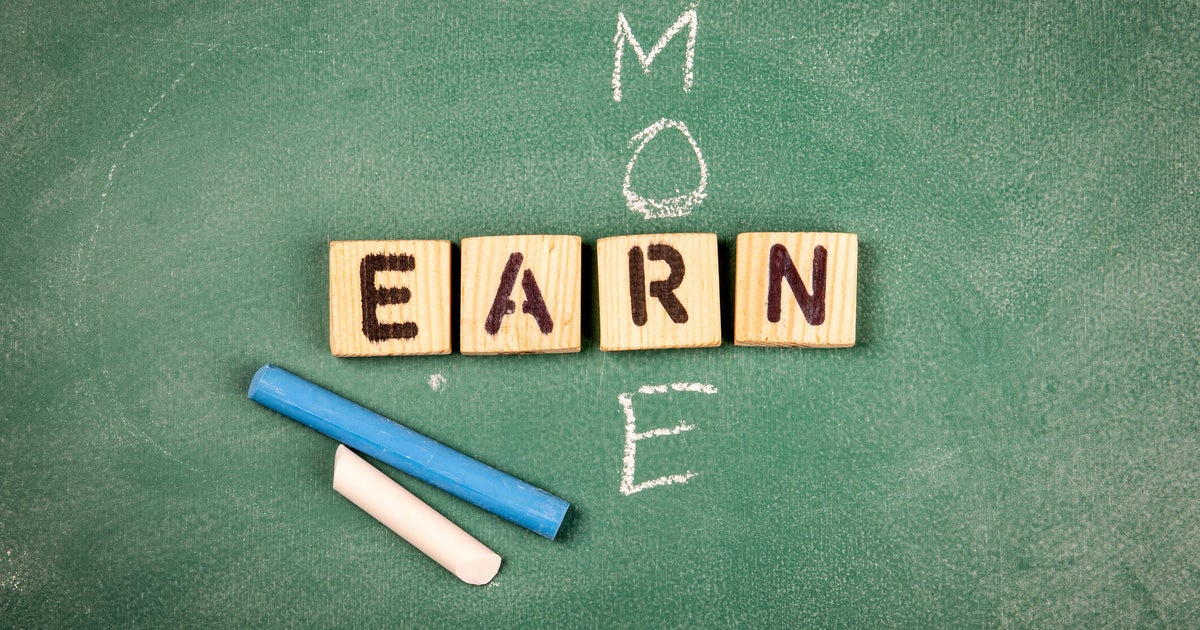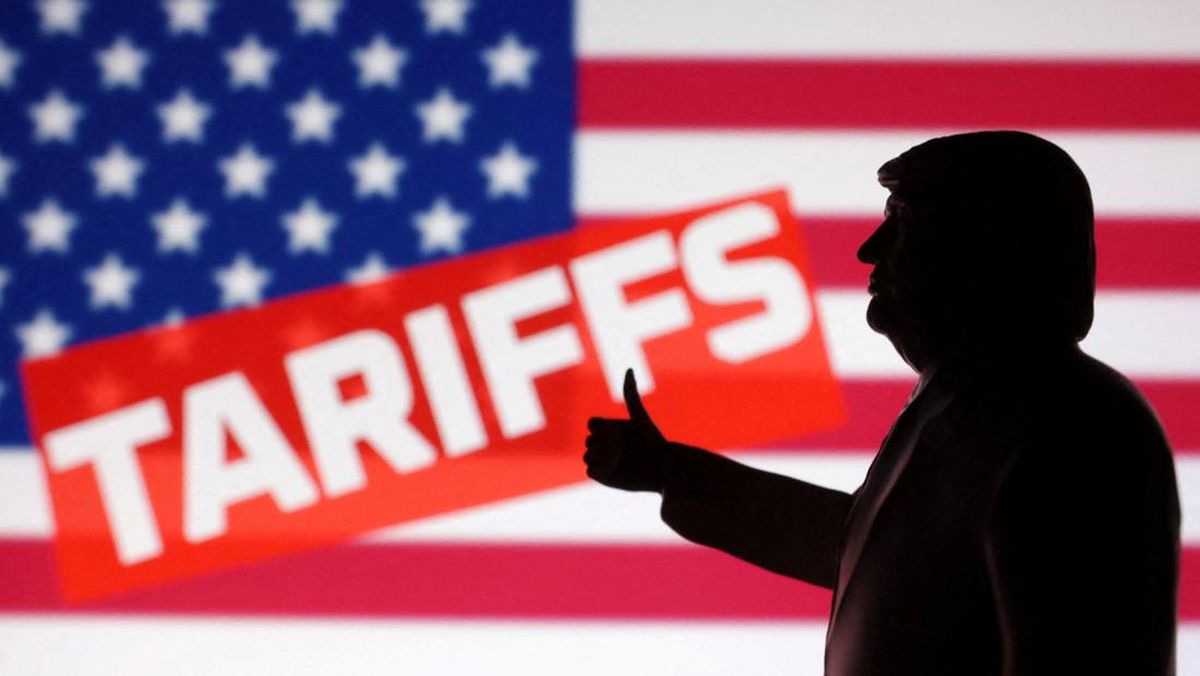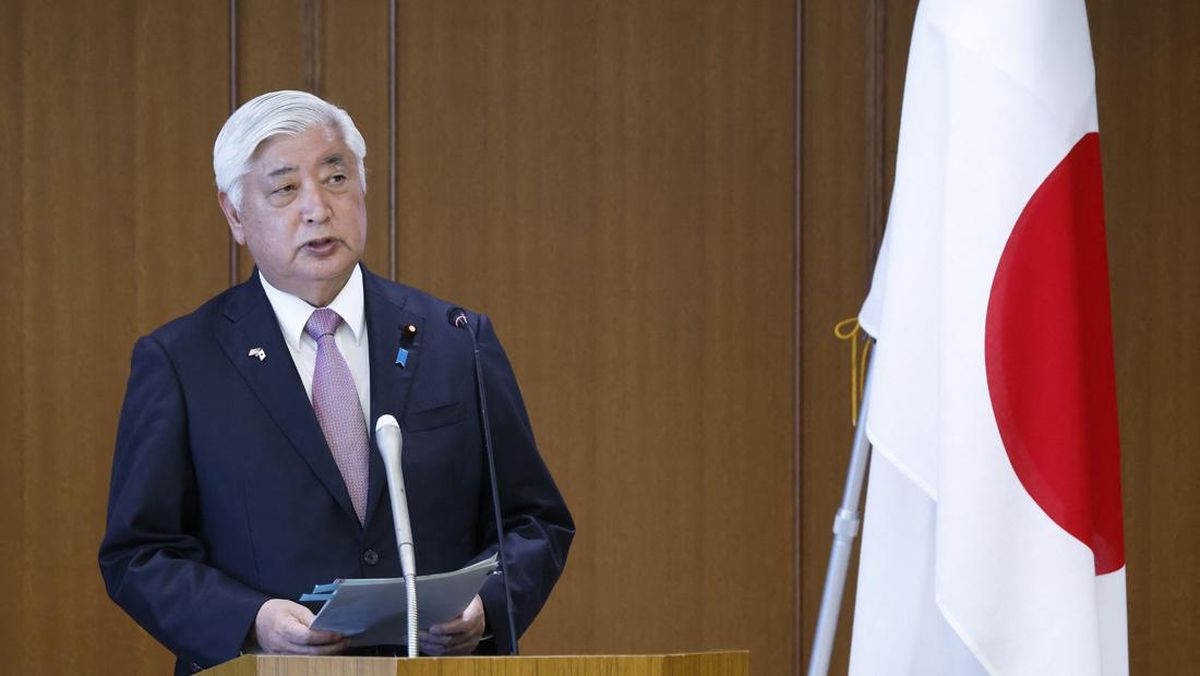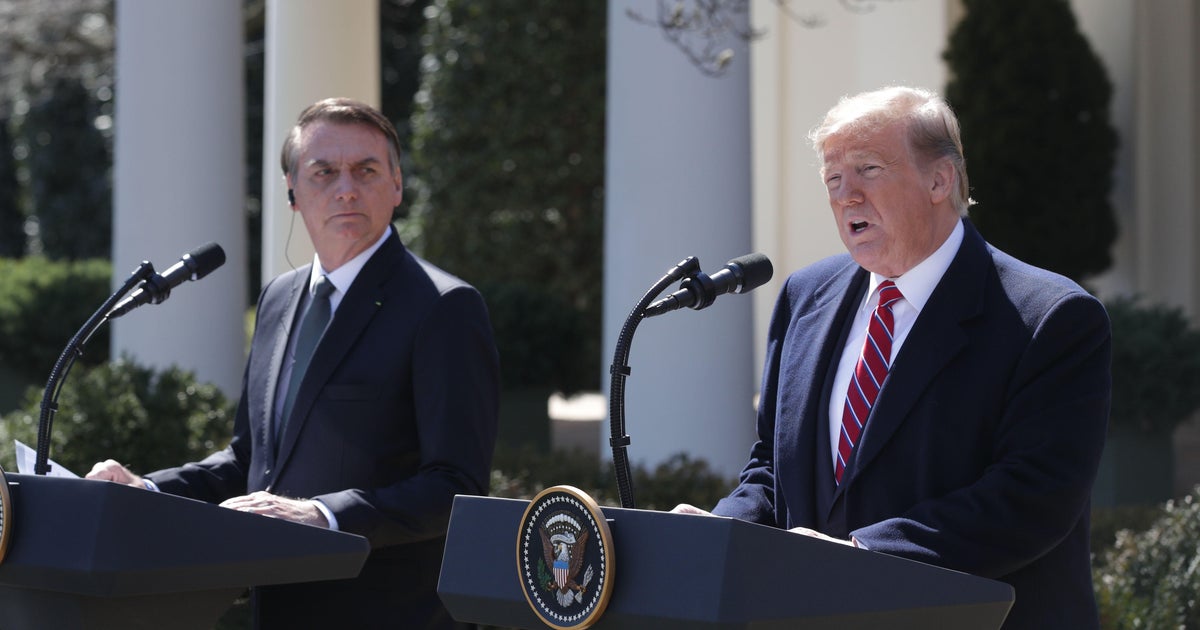London: The Trump administration has warned Ukraine against bombing Moscow under an arms deal that will ship “massive” amounts of American weapons to the country, raising new doubts about the pressure being applied on Russian President Vladimir Putin.
The restriction came within hours of news reports that US President Donald Trump had asked Ukrainian counterpart Volodymyr Zelensky whether his forces were able to strike Moscow and St Petersburg.
The White House rushed to respond by saying the president was not suggesting Ukraine should intensify the war by hitting the major cities, insisting he was only asking a question in a private conversation with Zelensky.

US President Donald Trump, Ukrainian President Volodymyr Zelensky and Russian President Vladimir Putin.Credit: AP
Trump reinforced the message soon afterwards by declaring it would be “too bad” for Putin if he did not reach a deal to end the Ukraine war by the US’s 50-day deadline, but that this did not mean firing missiles at the Russian capital.
“No, he [Zelensky] shouldn’t target Moscow,” Trump said late on Tuesday in Washington, DC (Wednesday AEST).
The private remarks and public clarification highlight the US president’s growing frustration with Putin and his sudden shift to pile pressure on Moscow as well as the desire to moderate how great that pressure might be.
Loading
Ukraine has sent drones far into Russia, targeting military sites, but has not made major attacks on civilians. It has been restricted in how it can use US-supplied rocket artillery such as the HIMARS and ATACMS, amid wariness in the West about Putin’s threat to use tactical nuclear weapons to defend Russian territory.
The new weapons deal, which Trump unveiled on Monday, will be funded by NATO members and will deliver more Patriot systems, which are used to intercept Russian missiles, as well as ammunition and other missiles to help Ukraine go on the attack.
While previous US president Joe Biden and his administration placed range limits on the ATACMS and HIMARS sent to Ukraine, the Trump administration did not put a public limit on the latest weapons agreement until the president issued his warning about Moscow.
Trump raised questions about Ukraine’s ability to strike Russian territory in a phone call with Zelensky on July 4, according to a report in the Financial Times.
“Volodymyr, can you hit Moscow? Can you hit St Petersburg too?” Trump asked, according to sources who were briefed on the call and spoke to the newspaper.
When this triggered headlines about the prospect of Ukrainian attacks going deeper into Russia, White House press secretary Karoline Leavitt said the president was not suggesting an attack on Moscow.
“President Trump was merely asking a question, not encouraging further killing. He’s working tirelessly to stop the killing and end this war,” she said.
Ukraine struck Russian military airfields thousands of kilometres from Kyiv on June 1, but this involved a secret operation using trucks to carry weaponised drones close to the targets. The US has supplied ATACMS – the Army Tactical Missile System – to Ukraine, but these have a maximum range of 300 kilometres. It has also supplied the HIMARS – the High Mobility Artillery Rocket System – but these have a range of 300 kilometres, with the potential to reach 499 kilometres, according to manufacturer Lockheed Martin. The city of Kharkiv, in eastern Ukraine, is approximately 650 kilometres from Moscow.
While Ukraine is restricted from striking targets deep inside Russia, Russian missile and drone attacks killed more than 230 people in Ukraine in June, according to the United Nations.
Former Russian president Dmitry Medvedev, a key ally of Putin, dismissed Trump’s deadline for a peace deal on Tuesday.
“Trump issued a theatrical ultimatum to the Kremlin. The world shuddered, expecting the consequences. Belligerent Europe was disappointed. Russia didn’t care,” he posted on X.
Reuters reported that three Russian sources, familiar with top-level Kremlin thinking, said Putin would not stop the war under pressure from the West and believed Russia could endure further economic hardship, including threatened US tariffs targeting buyers of Russian oil.
“Putin thinks no one has seriously engaged with him on the details of peace in Ukraine – including the Americans – so he will continue until he gets what he wants,” one of the sources told Reuters on condition of anonymity.
Despite several telephone calls between Trump and Putin, and visits to Russia by US special envoy Steve Witkoff, the Russian leader believed there had not been detailed discussions of the basis for a peace plan, the source said.
“Putin values the relationship with Trump and had good discussions with Witkoff, but the interests of Russia come above all else,” the person added.
With Reuters
Most Viewed in World
Loading


